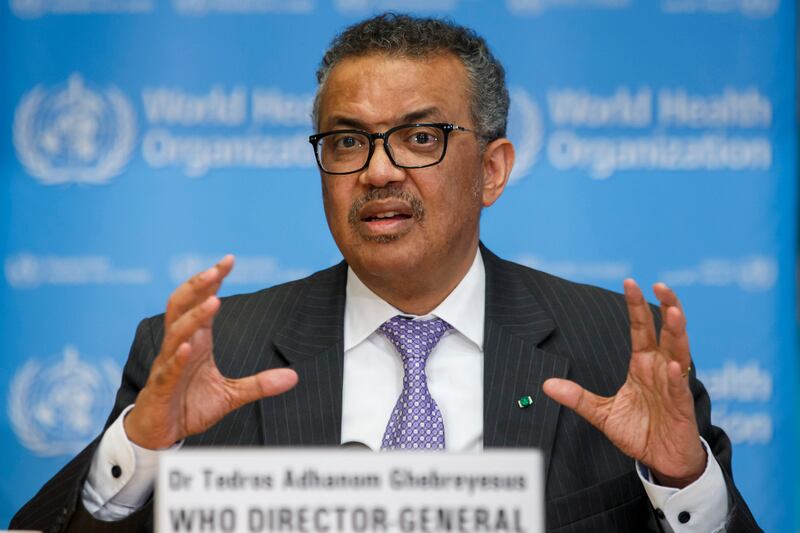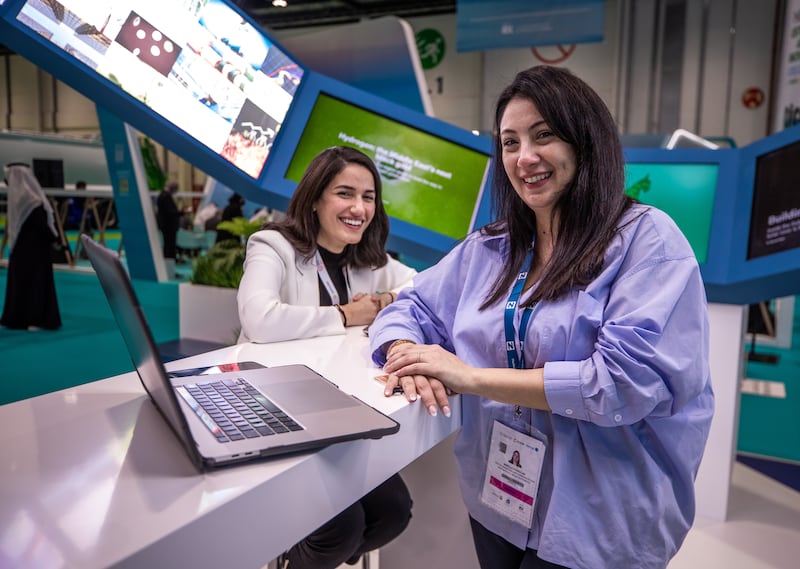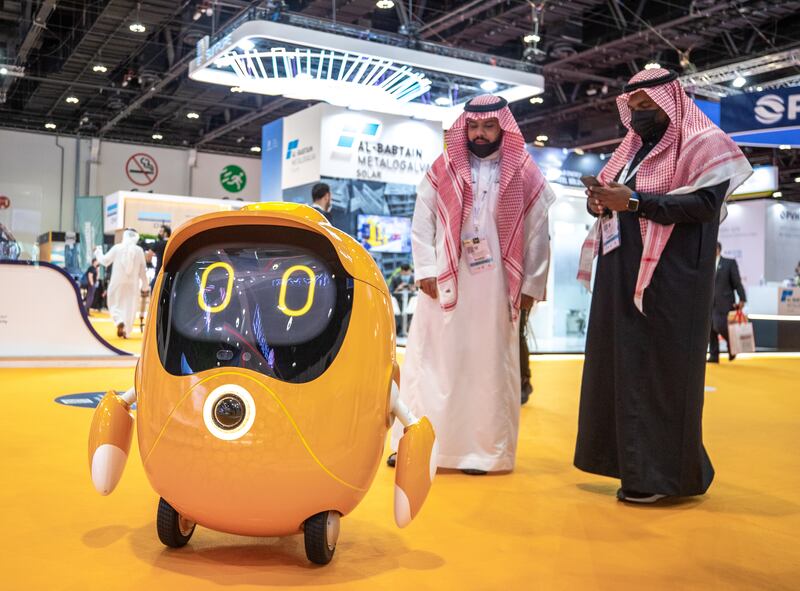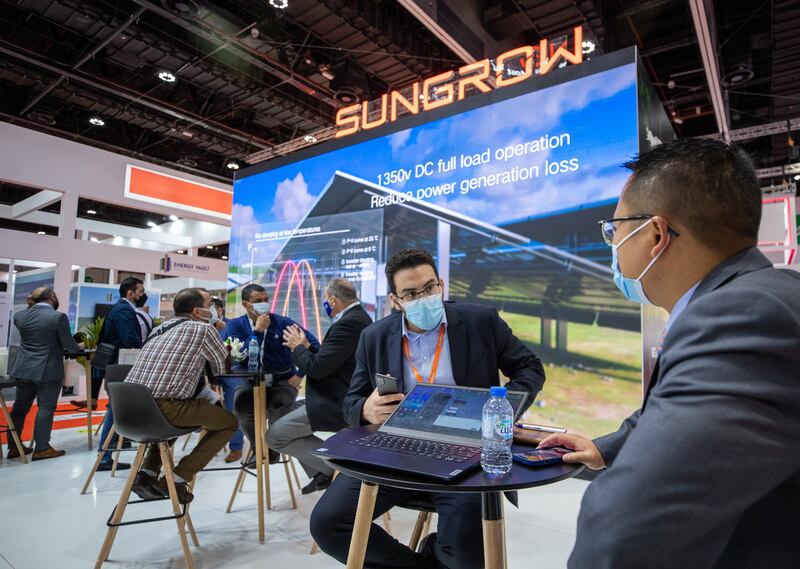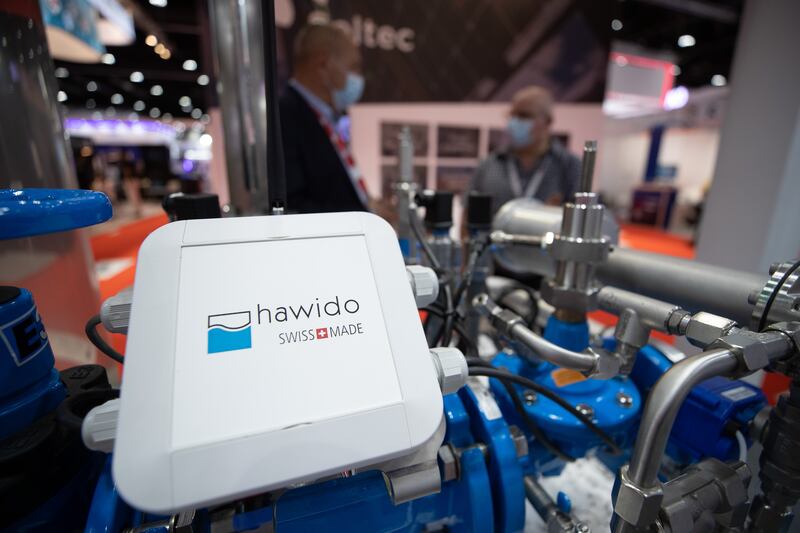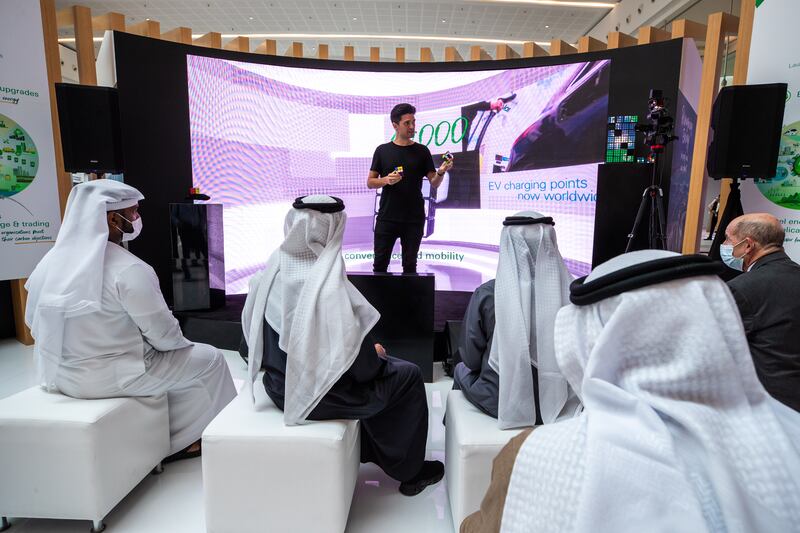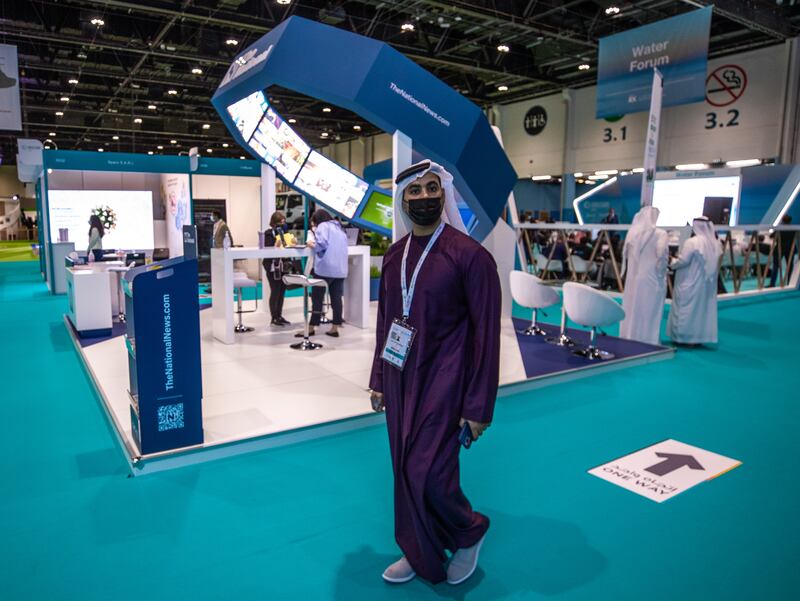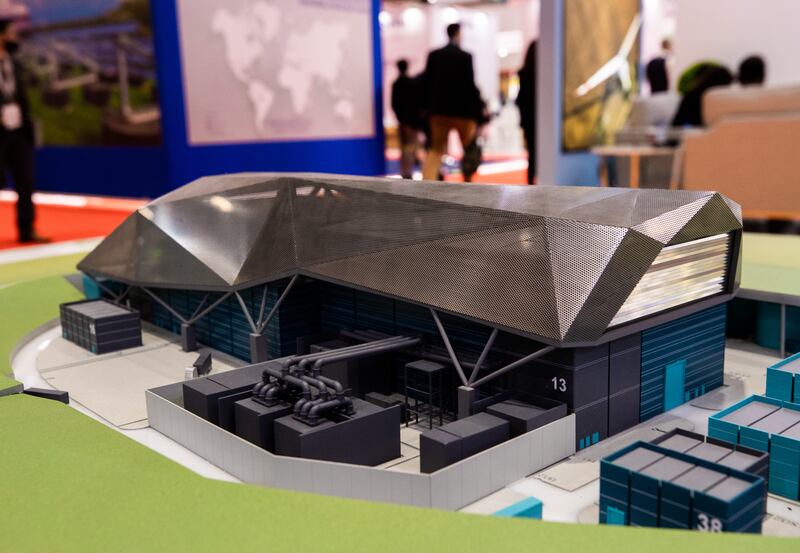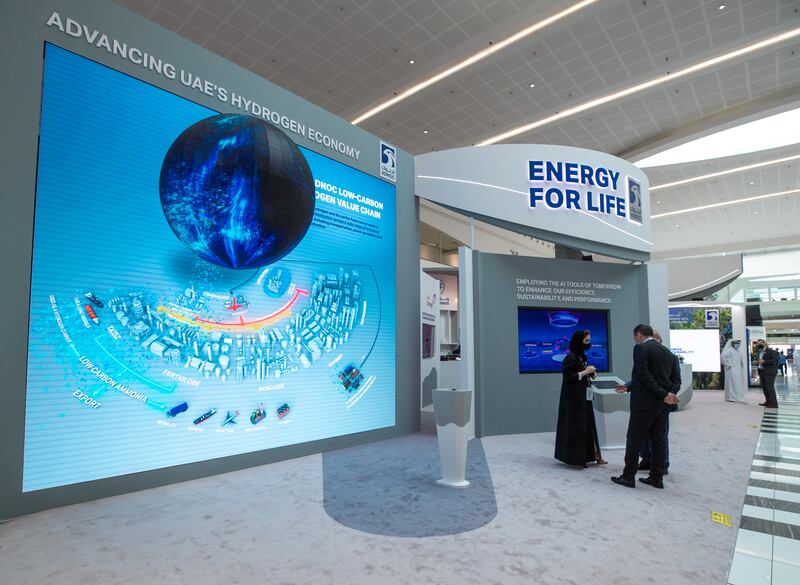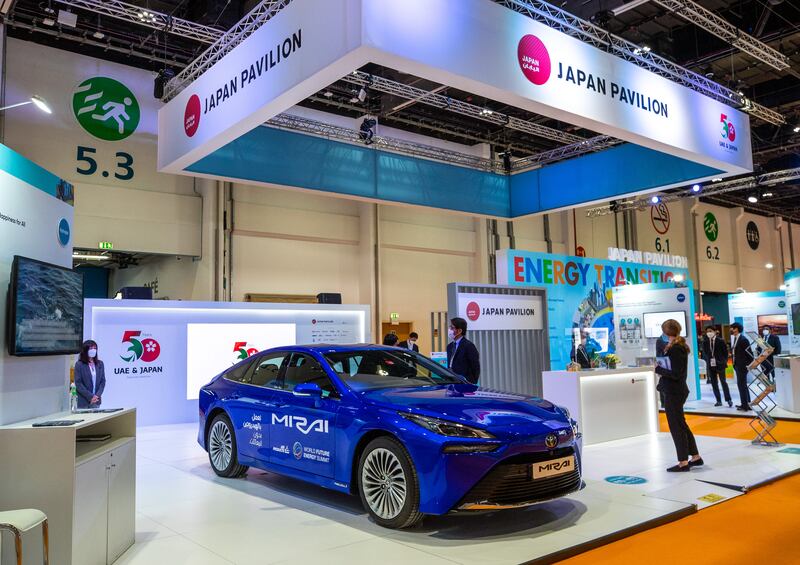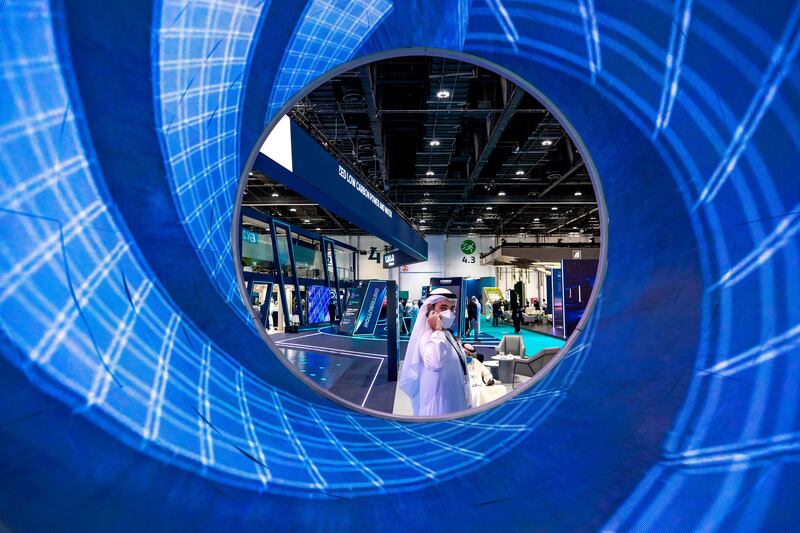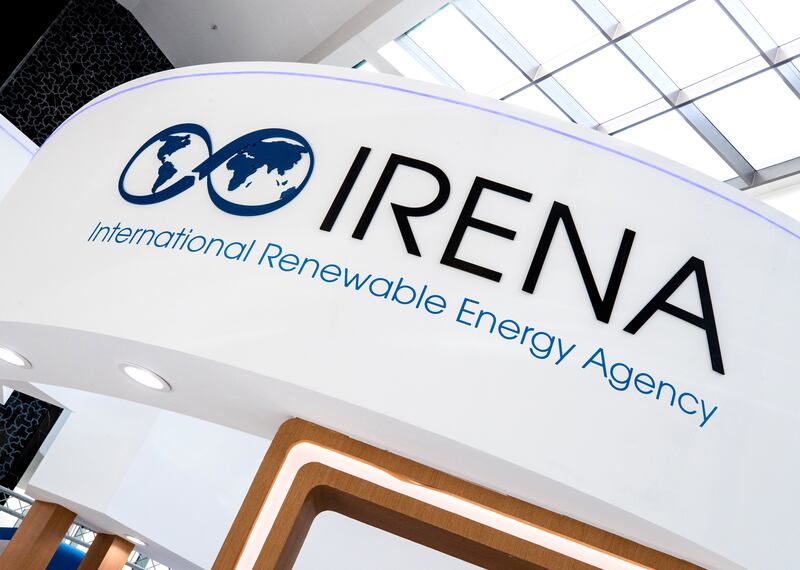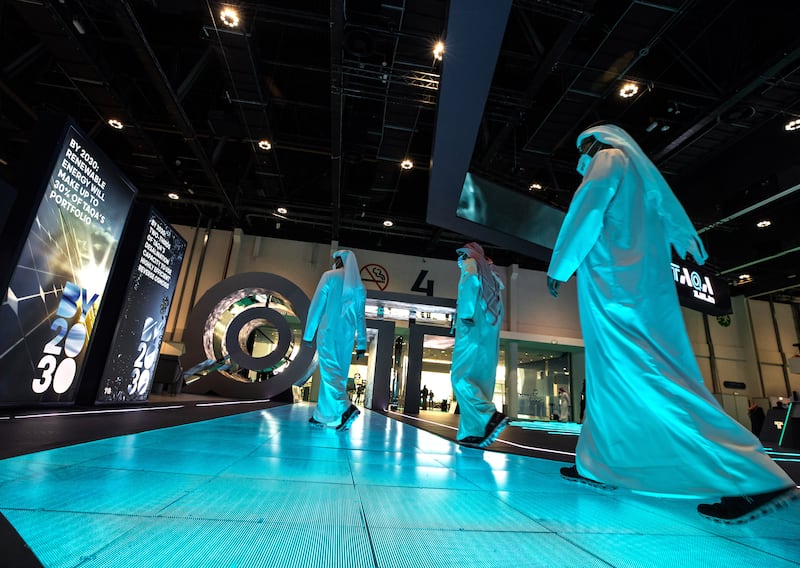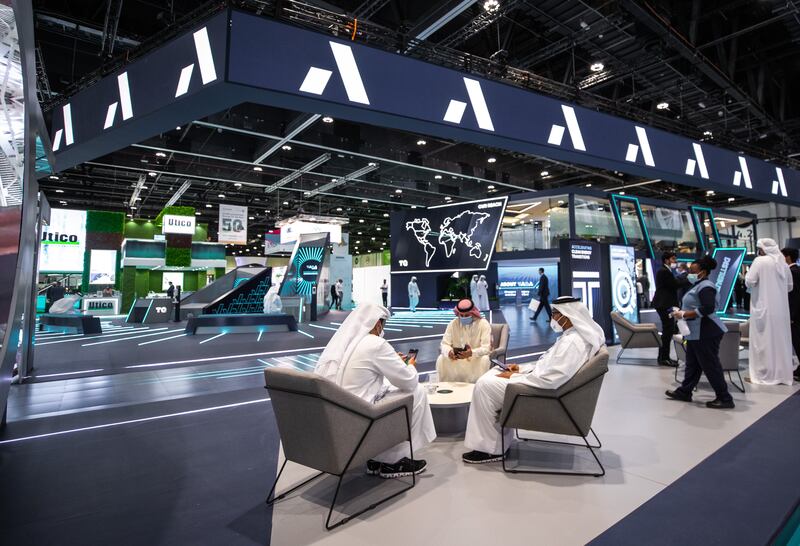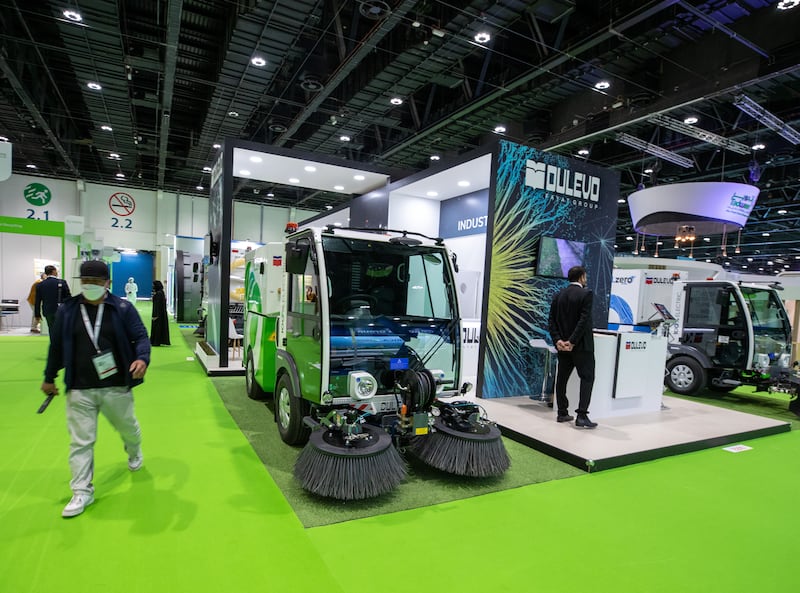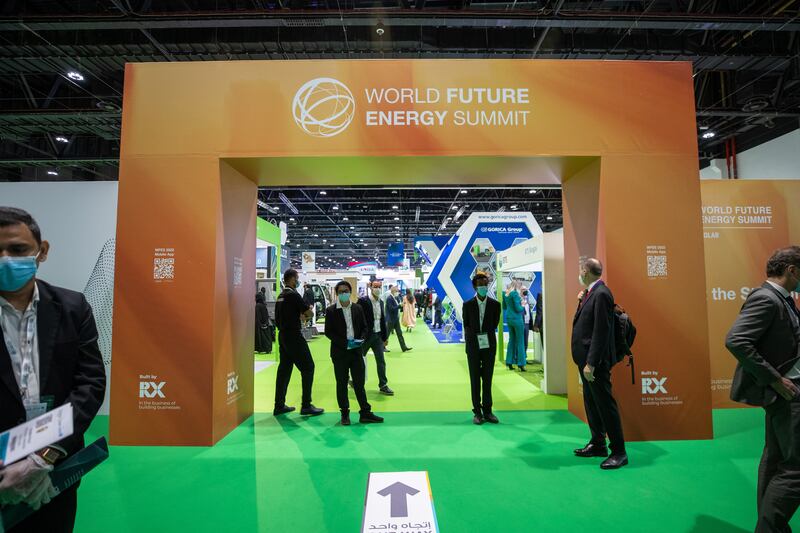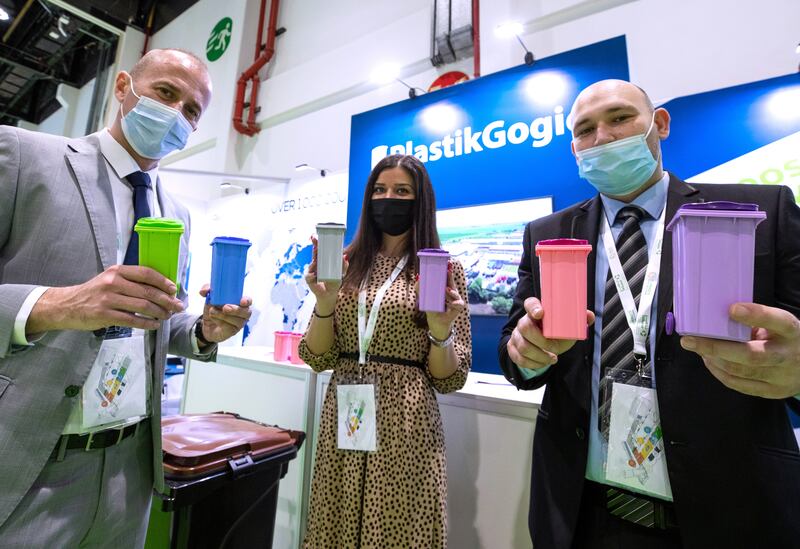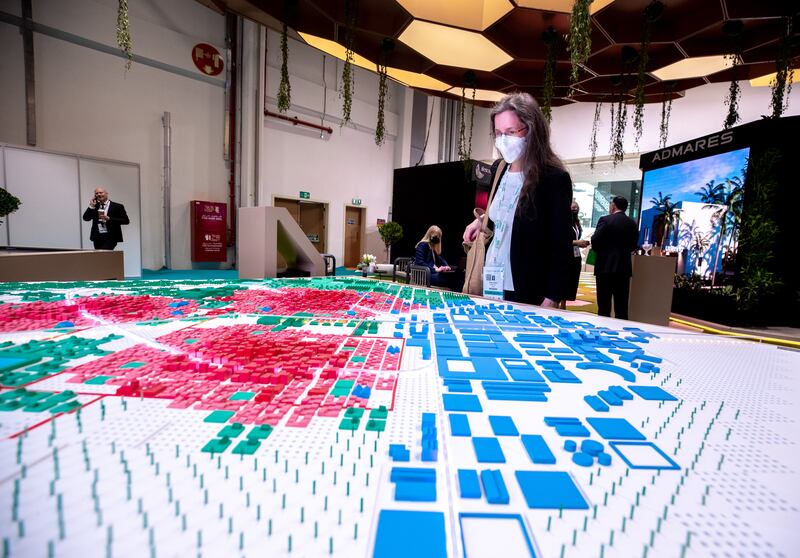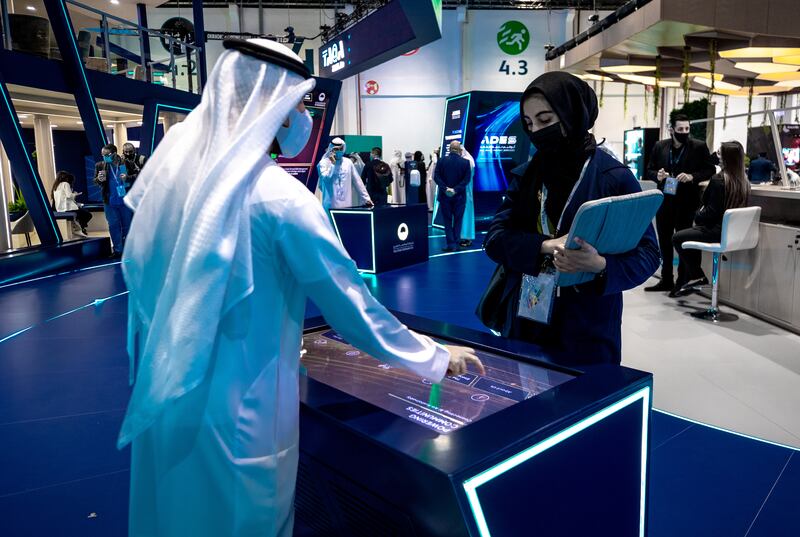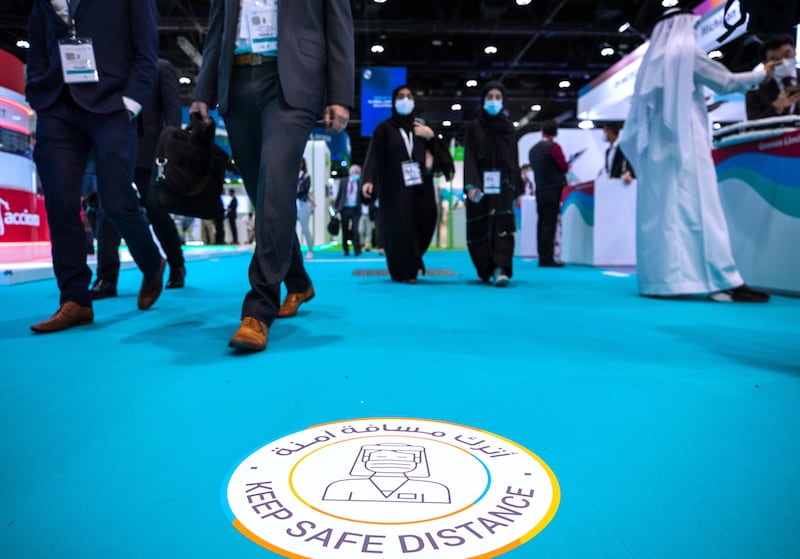The Covid-19 pandemic has highlighted the important link between the energy and health sectors, the World Health Organisation chief has said.
Speaking at Abu Dhabi Sustainability Week on Monday, Dr Tedros Adhanom Ghebreyesus said that “access to electricity meant the difference between life and death” in the pandemic, as medical professionals need to operate vital medical equipment and maintain cold chain for vaccines.
The director general of the organisation said that a billion people around the world were served in hospitals and clinics that operate without power.
“The Covid-19 pandemic has highlighted the critical link between energy and health. Yet, a billion people are still served by healthcare facilities without power and rely on dirty energy at home,” he said in an online address.
Last year, the High Level Coalition on Health and Energy endorsed a plan that laid out priority actions.
Dr Ghebreyesus said the first goal was to dramatically increase investment in electrifying healthcare facilities and in clean cooking.
“Second, provide the necessary resources to design and implement clean energy plans tailored to the needs of the health sector,” he said.
“Third, develop policy and finance schemes to unlock the potential of clean energy solutions and to address the health sector needs.”
He said that the polluting energy sources were driving the climate crisis, bringing extreme weather, spreading infectious diseases and threatening to destroy vulnerable communities.
According to the Rockefeller Foundation, a US-based non-profit organisation, a quarter of healthcare facilities in sub-Saharan Africa and parts of Asia have no electricity, and nearly three-quarters of those have unreliable power.
A recent study that analysed more than 121,000 health facilities in 46 low and middle-income countries found that almost 60 per cent of them lacked access to reliable electricity.
Dr Rajiv Shah, president of the Rockefeller Foundation, said last year that every family in the world deserved access to a healthcare worker.
“You cannot run an effective healthcare clinic without electricity for lighting, sterilisation of equipment and storage of vital vaccines and medication,” he said.
“We’ve been reminded again during the pandemic why it is so risky for only the wealthy few to have access to the modern technology and data-driven health care that requires reliable electricity.”
